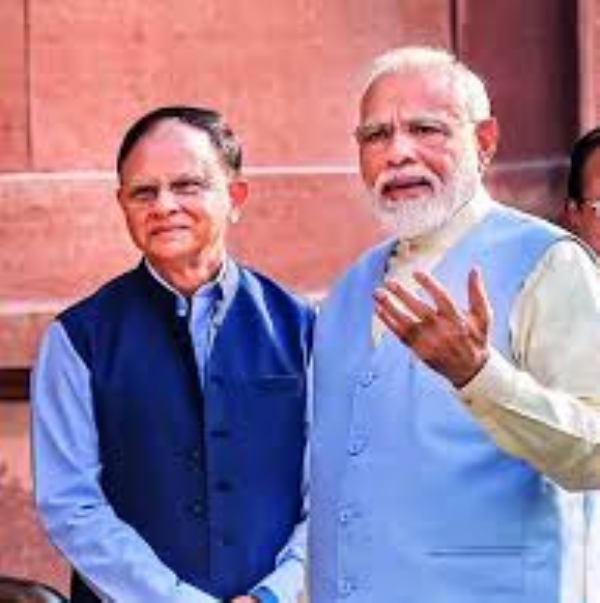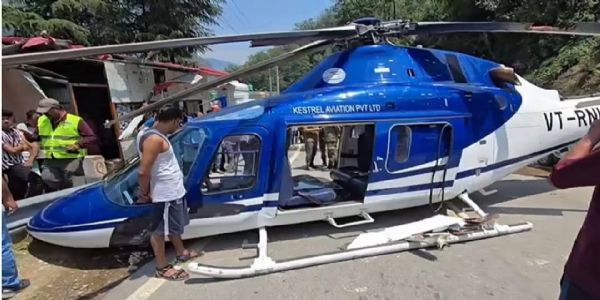
New Delhi, 7 June (H.S.): Principal Secretary to the Prime Minister, Dr. P. K. Mishra, underscored the urgent need to tackle extreme heat as a global issue during his keynote address at the Special Session on Extreme Heat Risk Governance in Geneva on June 6, 2025. He echoed the UN Secretary-General's sentiments, highlighting the systemic risks rising temperatures pose to public health, economic stability, and ecological resilience. Dr. Mishra expressed India's support for the UNDRR’s initiative aimed at enhancing the Common Framework for Extreme Heat Risk Governance for shared learning and collaboration.
He noted India's proactive measures under Prime Minister Shri Narendra Modi, shifting from disaster response to integrated preparedness and mitigation strategies. Since 2016, the National Disaster Management Authority (NDMA) has been developing national heatwave management guidelines, with the Ahmedabad Heat Action Plan serving as a model for effective intervention through early warnings, coordination, and community outreach. With over 250 cities and districts in 23 heat-prone states implementing Heat Action Plans, Dr. Mishra emphasized the importance of increased surveillance, hospital readiness, and public awareness campaigns in reducing heat-related fatalities.
Highlighting a whole-of-government and whole-of-society approach, he emphasized collaboration with various ministries and the involvement of public health institutes, civil society, and universities in enhancing local heat action strategies. Dr. Mishra pointed out that integrating traditional knowledge and local experiences is vital, with schools playing a key role in fostering climate resilience and the need for robust health facilities for effective emergency responses.
Shri Mishra highlighted India’s shift from a focus solely on preparedness to long-term heatwave mitigation strategies, including implementing cool roof technologies, establishing passive cooling centers, promoting urban greening, and reviving traditional water bodies. He revealed that Urban Heat Island (UHI) assessments are now being integrated into city planning. A significant policy change permits the utilization of National and State Disaster Mitigation Funds (SDMF) for heatwave mitigation, enabling collaboration among local governments, private entities, NGOs, and individuals on preventive and mitigation projects, thereby encouraging shared responsibility.
Dr. Mishra recognized ongoing challenges, emphasizing the need for a global initiative to create a localized heat-humidity index grounded in real-time data to improve early warning systems. He advocated for advancements in affordable, culturally suitable building technologies and passive cooling methods, while also addressing equity issues, as extreme heat has a disproportionate impact on vulnerable groups, including women, outdoor workers, the elderly, and children.
He described heatwaves as systemic risks for densely populated areas and called on the international community to enhance technological collaboration, data sharing, and joint research on heat resilience. Dr. Mishra urged for a Common Framework that ensures accessible knowledge and financial support. He reaffirmed India’s commitment to share its expertise and capabilities with global partners, promoting a coordinated global response to extreme heat challenges.
---------------
Hindusthan Samachar / Indrani Sarkar







